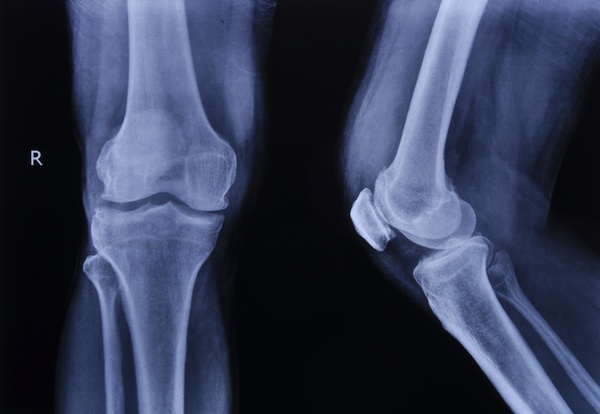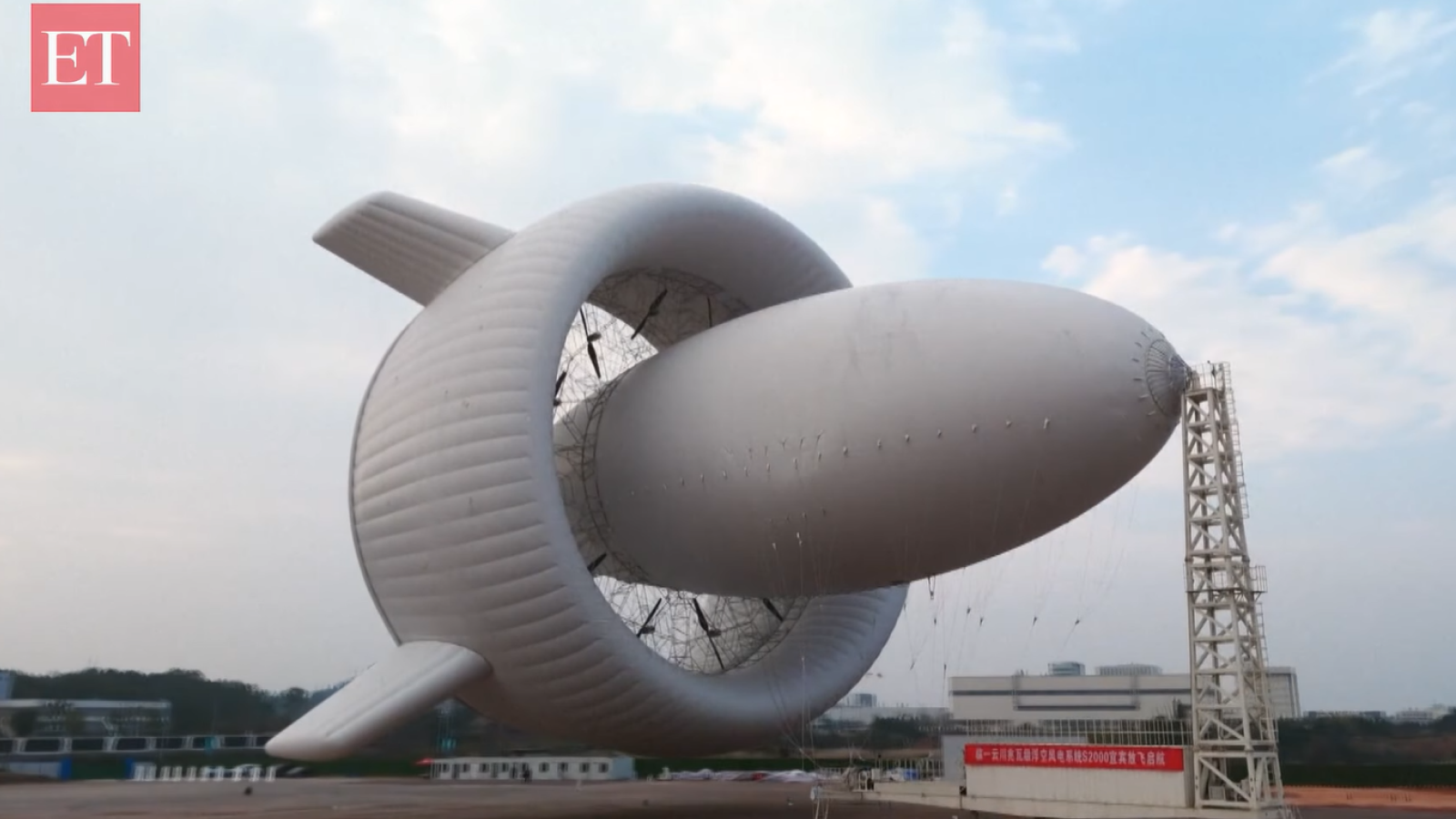Deer Antlers Offer Clue to Basis for Osteoporosis

Get the world’s most fascinating discoveries delivered straight to your inbox.
You are now subscribed
Your newsletter sign-up was successful
Want to add more newsletters?

Delivered Daily
Daily Newsletter
Sign up for the latest discoveries, groundbreaking research and fascinating breakthroughs that impact you and the wider world direct to your inbox.

Once a week
Life's Little Mysteries
Feed your curiosity with an exclusive mystery every week, solved with science and delivered direct to your inbox before it's seen anywhere else.

Once a week
How It Works
Sign up to our free science & technology newsletter for your weekly fix of fascinating articles, quick quizzes, amazing images, and more

Delivered daily
Space.com Newsletter
Breaking space news, the latest updates on rocket launches, skywatching events and more!

Once a month
Watch This Space
Sign up to our monthly entertainment newsletter to keep up with all our coverage of the latest sci-fi and space movies, tv shows, games and books.

Once a week
Night Sky This Week
Discover this week's must-see night sky events, moon phases, and stunning astrophotos. Sign up for our skywatching newsletter and explore the universe with us!
Join the club
Get full access to premium articles, exclusive features and a growing list of member rewards.
A recent study on deer antlers has spurred a new theory on the origins of osteoporosis.
Lack of the mineral manganese, rather than calcium, may be responsible for weakening bones, the researchers say.
As antlers form, they need manganese to absorb calcium. The researchers hypothesized that, similarly, when people don't get enough manganese, or when protective mechanisms in the body send manganese to other organs that require it (such as the brain), the bones cannot absorb calcium, and the body excretes the excess of it in the blood.
The theory must be validated by studies on humans. But the researchers said it is a "step in a totally new direction in osteoporosis research, as it considers calcium loss to be a consequence of the disease and not the origin," said study researcher Tomás Landete, of the University of Castilla-La Mancha (UCLM) in Spain.
The study is published this month in the journal Frontiers of Bioscience.
Antlers and bones
The idea for the study came from a dramatic increase in antler breakages seen in Spain in 2005. When scientists analyzed these antlers, they found weakening due to lower manganese in the deer's food. That year saw an intensely cold winter, which reduced the manganese levels in plants.
Get the world’s most fascinating discoveries delivered straight to your inbox.
"The lack of manganese was almost as if the 'glue' that sticks calcium to antlers bones was missing," Landete said.
The researchers also said that when this vital mineral runs out after the onset of osteoporosis, neurological conditions such as Alzheimer's disease, Parkinson's disease and dementia could strike.
To put this theory to the test, they analyzed data from 113 patients who underwent surgery for osteoporosis, a condition in which the bones are weakened, and osteoarthritis, which stems from wear and tear of joint cartilage, at Hellín Hospital in Spain between 2008 and 2009.
About 40 percent of the osteoporosis patients showed some form of cerebral dysfunction, whereas this was not the case in any of the 68 patients operated on for osteoarthritis — more evidence that weakened bones are linked to insufficient manganese, according to the study.
The depletion of manganese reserves could be behind the bone disease and the cerebral degeneration, the researchers said. They are currently collecting human bones to confirm this result.
There is no evidence that taking supplements of manganese can prevent osteoporosis, but one study found that taking a combination of calcium, zinc, copper and manganese helped reduce bone loss in the spines of postmenopausal women, according to the University of Maryland Medical Center.
Taking too much manganese can cause nervous system damage, and people should not consume more than 10 milligrams per day, according to UMMC.
Pass it on: Lack of manganese may contribute to osteoporosis, extrapolating from a study on deer antlers.
Follow MyHealthNewsDaily on Twitter @MyHealth_MNHD. Like us on Facebook.
 Live Science Plus
Live Science Plus











